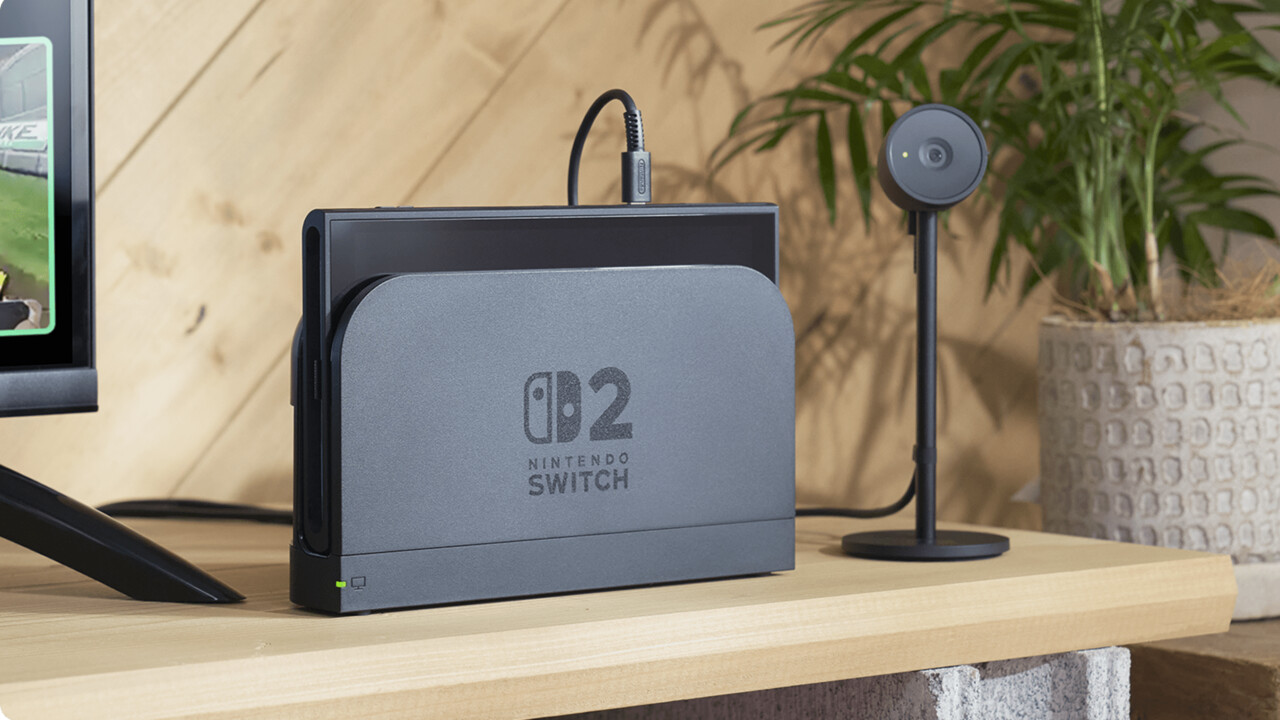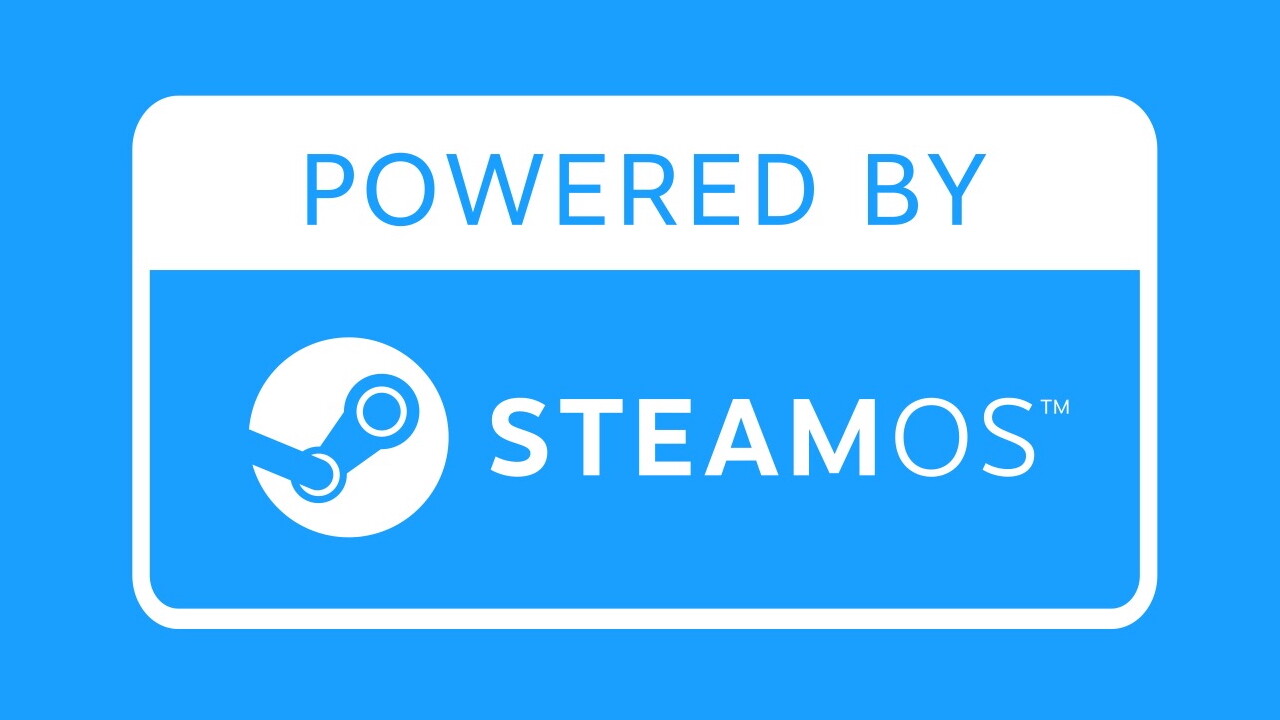Nvidia for the Nintendo Switch 2: 10x More Power with DLSS, Raytracing, and G-Sync 74 Comments

Image: Nintendo
Nvidia and Nintendo have released more details about the Nintendo Switch 2 alongside numerous tech demos. The new handheld boasts up to 10x more graphics performance than the Switch 1 and is also expected to support DLSS, Raytracing, and G-Sync. However, there are few details about the internals of the SOC.
For the first time, information about the new SOC
Nintendo is thus making up for what was not yet mentioned in the Nintendo Switch 2 presentation: What can the new Switch 2 chip actually do? Even today, exact specifications such as the number of CPU and GPU cores or the architecture used remain hidden. DLSS and Raytracing Possible if Necessary
Until now, it was known that the SOC is once again from Nvidia and is a Nintendo custom. The manufacturer also confirmed that developers can use DLSS and Raytracing for games on Switch 2. However, the use is at the discretion of the respective studio. It was not mentioned whether your own Nintendo launch title will use DLSS and Raytracing.
We use DLSS Upscaling technology, and it’s something we have to use as we develop games. And regarding the hardware, it’s capable of upscaling to a TV at a maximum of 4K. Whether the software developer can use it as its native resolution or upscale it is up to the software developer to choose. I think this opens up many options for the software developer to choose from.
Takuhiro Dohta to be ignored on April 2nd
Ampere remains unconfirmed
It can already be inferred that the integrated chip features at least the Turing architecture (RTX 20 series), which enabled hardware-accelerated ray tracing and DLS for the first time. Previous rumors suggested that Nintendo was likely relying on a Tegra T239 SOC with Ampere architecture (RTX 30 series). This now seems highly likely, as Nintendo no longer provides specific information; the architecture can only be guessed at. Nothing has been revealed about the DLSS version used or whether ray tracing or frame generation are supported.
In theory, however, all RTX architectures support at least DLSS Super Resolution 4.0, and thus the new Transformer model is much better (tested against FSR 4). Nintendo initially referred IGN to Nvidia for more information.
Nintendo doesn’t share much about hardware specifications. What we really like to focus on is the value we can provide to our consumers. But I believe our partner Nvidia will share some information.
Takuhiro Dohta to be ignored on April 2nd
Nvidia confirms technical data
Shortly after, Nvidia went public via its internal blog and confirmed support for DLSS, raytracing, and VRR via NVIDIA G-Sync via the integrated Tensor and RT Cores in the Nintendo Switch 2. Nvidia, however, did not comment on the topic or the number of Nintendo Cores in the custom SOC.
The Nintendo Switch 2, unveiled on April 2nd, takes performance to the next level, powered by a custom NVIDIA CPU with an NVIDIA GPU featuring dedicated RT Cores and Tensor Cores for stunning visuals and AI improvements.
Nvidia
Ten times the Switch 1
With 10x the graphics performance of the Nintendo Switch, the Nintendo Switch 2 delivers smoother gameplay and sharper visuals.
Nvidia
Higher performance may be achievable without AI features
The alleged NVIDIA Tegra T239 Ampere chip is said to have a theoretical computing power of around 4.096 TFLOPS at 1,024 Shadder units in 2022. As recently as January 2025, the T239 was even certified for 1,536 Shadders, which could increase the theoretical computing power (with the fictitious clock) to 6.144 Tflops. For comparison: Switch 1 places the Maxwell architecture on the Tegra X1 with 256 CUDA cores and achieves 0.393 Tflops (steady). The higher performance promised by NVIDIA would be easy to achieve even without AI features on paper. Read more about the topic: Nintendo Switch 2: Full HD console with 120 Hz and 4K Production costs 470 Euronintendo Switch 2 hardware: Specifications compared to predecessor topics: DLSS Gaming Nintendo Nvidia Raytracing Source: Nvidia

A lifelong video game enthusiast, Julien reviews the latest releases and explores the technologies transforming the gaming world.


